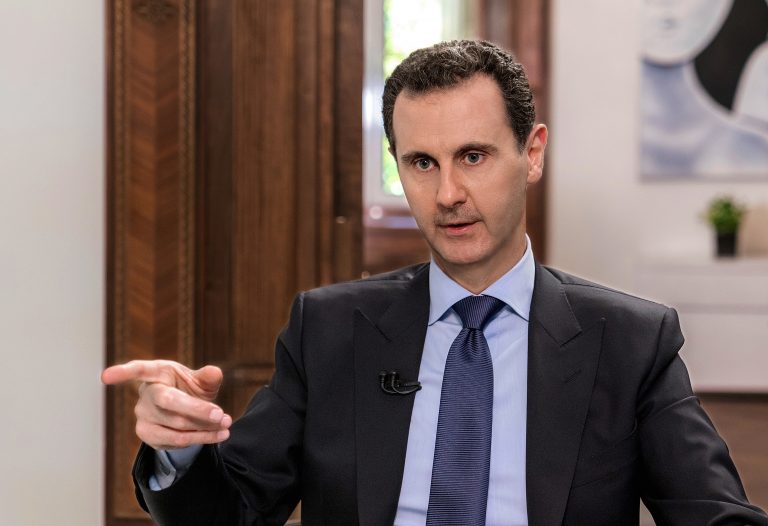This article was originally published by Radio Free Europe/Radio Liberty and is reprinted with permission.
Ousted Syrian President Bashar al-Assad said he only left the country in the late hours of December 8 after a Russian air base allegedly came under attack by rebel forces and officials in Moscow ordered “an immediate evacuation.”
In what appear to be Assad’s first public comments since the fall of his regime in war-torn Syria, a post on the Syrian presidency Telegram social media page on December 16 said the departure from the Hmeimim air base “was neither planned, nor did it occur during the final hours of the battles.”
Russia had intervened in the 14-year civil war between government forces and rebels to help keep Assad in power.
But the strongman leader fled Syria as the U.S.-designated terrorist organization Hayat Tahrir al-Sham (HTS) and its allies — some of whom are linked with Turkey — overran government forces in a blitz offensive.
Assad’s whereabouts were unknown for a brief period before officials in Moscow said on December 9 that he had been granted political asylum in Russia by President Vladimir Putin after more than five decades of iron-fisted rule by his family.
In the post, Assad said he “never considered stepping down or seeking refuge, nor was such a proposal made by any individual or party.”
Reuters reported last week that Assad’s departure from the country took even relatives and senior officials by surprise.
The HTS has since moved quickly to establish an interim government, and its leader, Riad al-Asaad, has said he is confident the factions that helped topple Assad will unite as one force. HTS and the transitional government have insisted the rights of all Syrians will be protected.
European Union foreign policy chief Kaja Kallas said on December 16 that Russia and another of Syria’s staunch allies, Iran, shouldn’t have influence over the country’s future.
“Many foreign ministers emphasized that it should be a condition for the new leadership to eliminate Russian influence [in Syria],” Kallas told reporters at a meeting of EU foreign ministers in Brussels, adding the bloc would raise the issue of Russia’s military bases in the country.
The future of Russia’s bases — the Hmeimim airbase in Latakia and the Tartus naval facility — have been thrown into question with the fall of Assad.
Reuters quoted Syrian military and security sources in contact with the Russians as saying that Moscow was pulling back its forces from the front lines and withdrawing some heavy equipment from the country.
The Main Intelligence Directorate of the Ukrainian Defense Ministry (HUR) said on December 15 that Russian military personnel still in Syria are experiencing a lack of food and drinking water as an evacuation of troops and equipment continues.
It added that Russian personnel are experiencing these problems at the bases in Tartus and Hmeimim and on ships anchored offshore in the Mediterranean Sea.

